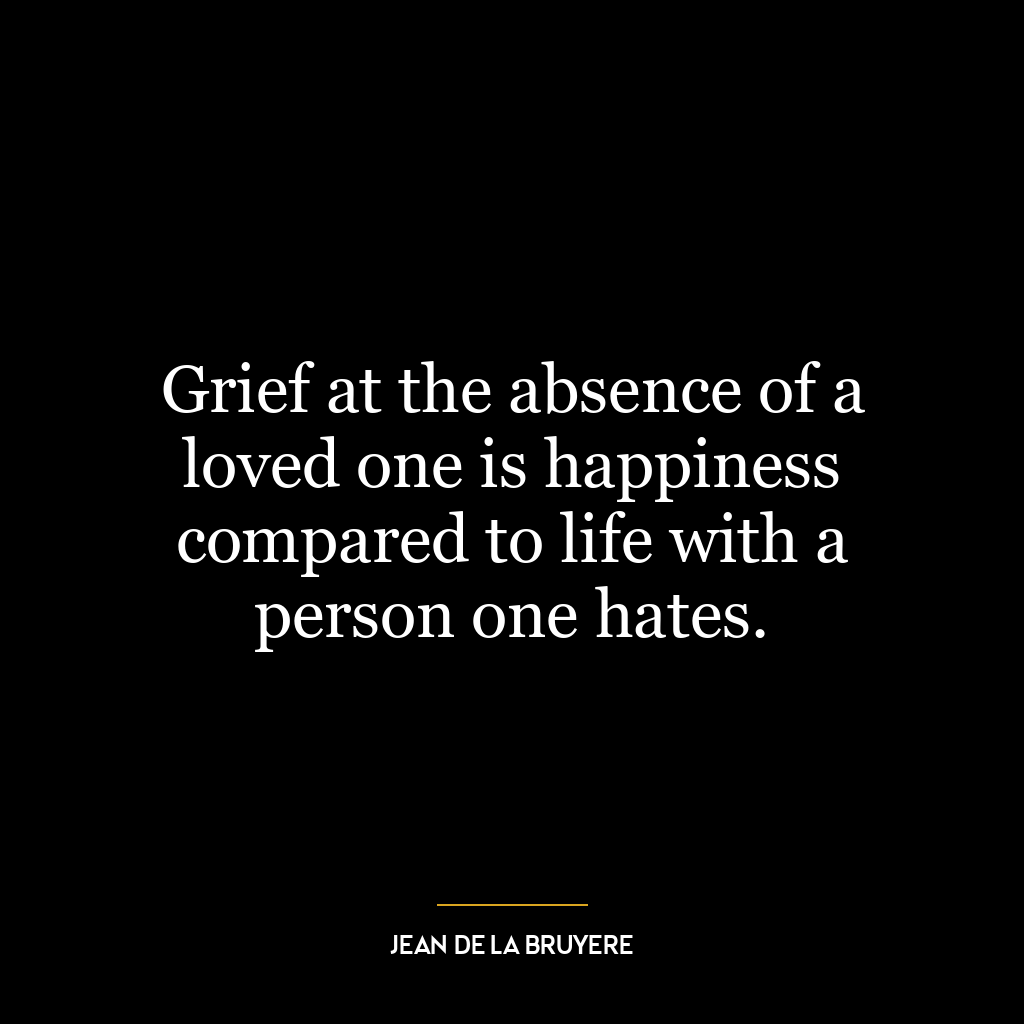This quote speaks to the concept of balance in one’s financial life. It suggests that there are two main sources of enjoyment related to money: spending and saving. Spending money can bring immediate pleasure, whether it’s buying a new outfit, going on a vacation, or enjoying a fancy dinner. On the other hand, saving money provides security and peace of mind for the future.
The man who does both is considered happiest because he experiences both forms of enjoyment. He indulges in his desires and enjoys his life while also preparing for his future by saving. This balance prevents him from experiencing the stress or guilt that might come from only spending or only saving.
In today’s world, this idea is incredibly relevant given our consumer-driven society where instant gratification often takes precedence over long-term planning. Many people struggle with overspending and under-saving which can lead to financial instability and stress.
In terms of personal development, this quote could be interpreted as advocating for a balanced lifestyle beyond just finances. It suggests that complete denial or indulgence in any aspect of life can lead to discontentment; instead finding equilibrium between immediate pleasures and long-term rewards leads to happiness.
For example, someone might apply this philosophy by balancing their time between work (long-term reward) and leisure activities (immediate pleasure). Or they might balance their diet between healthy foods (long-term reward) and occasional treats (immediate pleasure). In essence, it encourages individuals not just to plan for tomorrow but also enjoy today – leading towards overall happiness.















